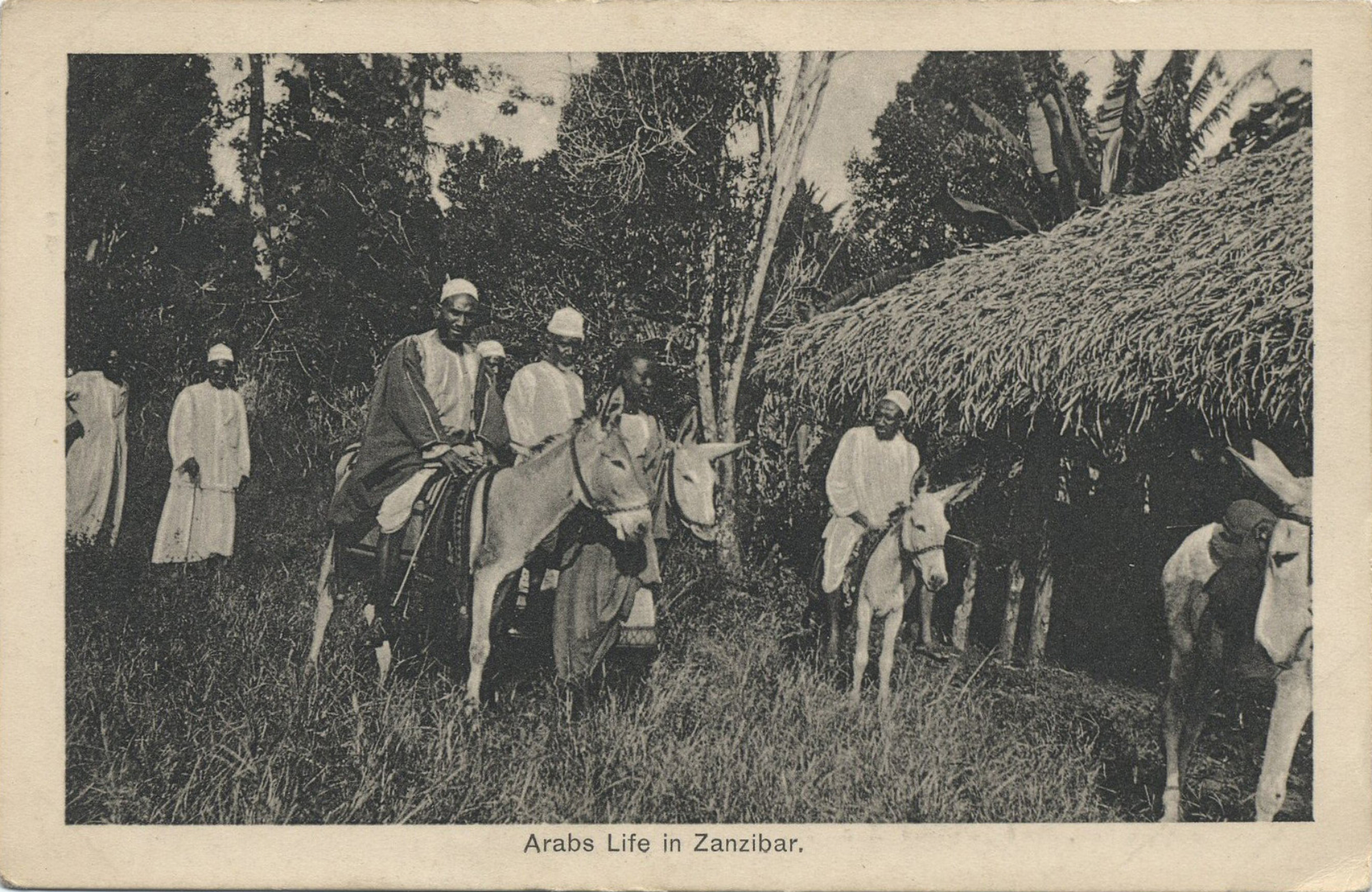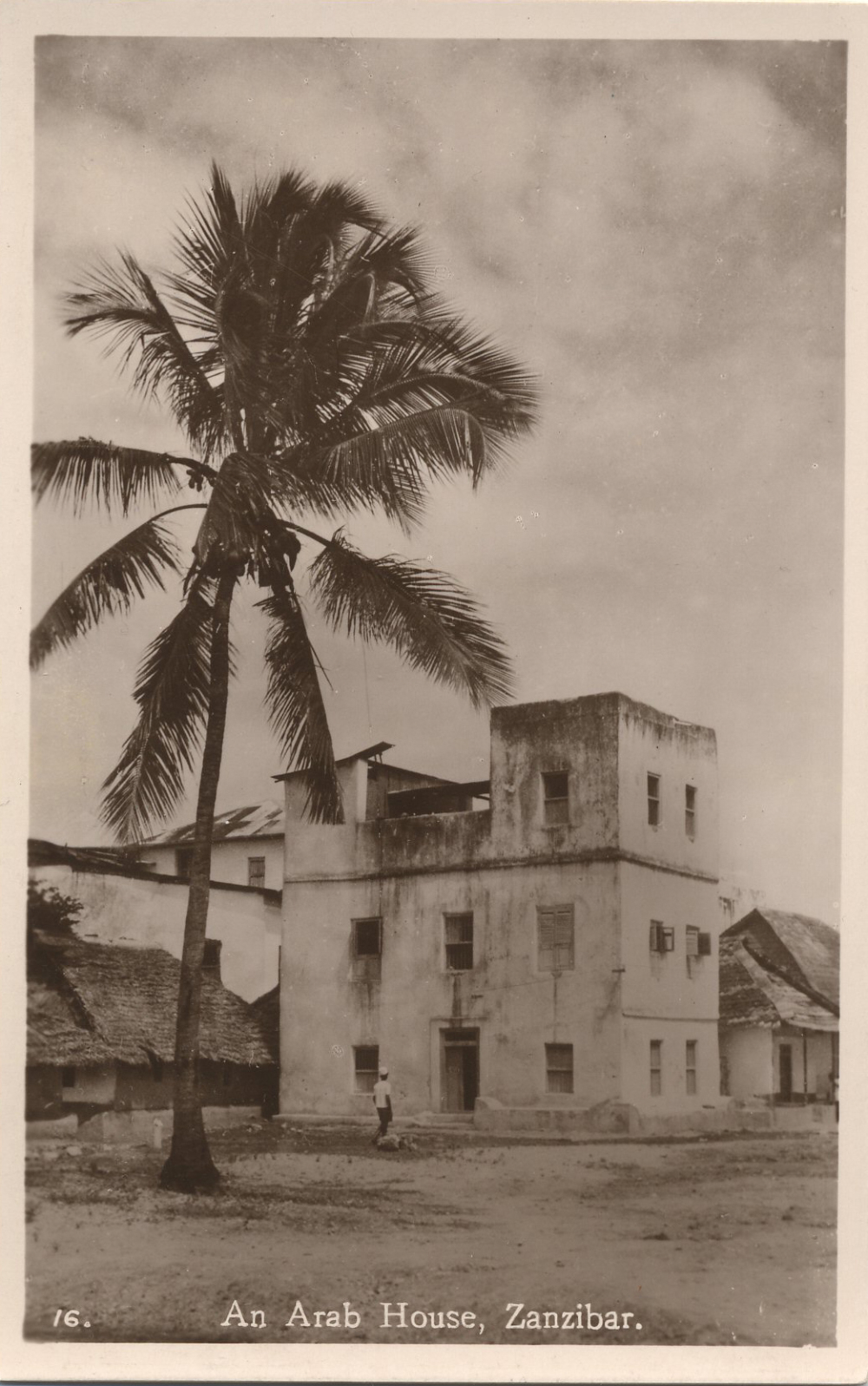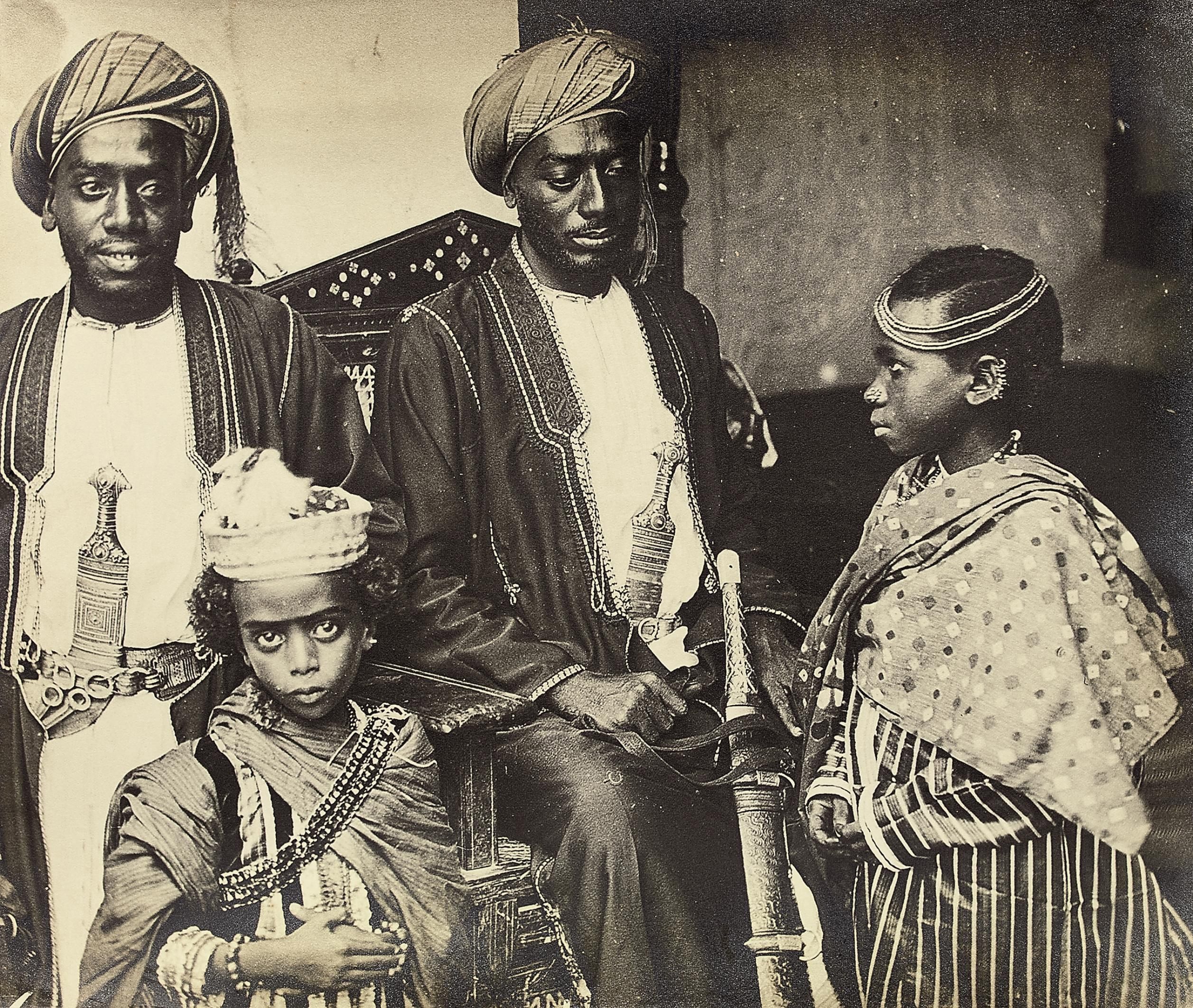
Ali bin Towar: The role of Arabs in Zanzibar surpasses that of the Portuguese
علي بن طوار: دور العرب في زنجبار يفوق أدوار البرتغاليين
Al-Sharq – WGOQatar Translations
Doha: Traveller Ali bin Towar al-Kuwari surprised his Followers on Twitter and Instagram with a video report of his recent trip to Zanzibar Island, on the east African coast, which Omani brothers call the “forgotten clove archipelago”.
Ali bin Towar revealed in special statements to (Al-Sharq) that the trip that led him to the coasts of East Africa made him recognize the role played by Omani Arabs in supporting the Arab and Islamic presence in East Africa.
“Zanzibar and the East African coast are a region close to myself, and I always have a new sense of important implications, because we are talking about Zanzibar, which is the gateway to East Africa, including Tanzania, Uganda, Rwanda and Kenya. Zanzibar was also the gateway to Europe, the world markets of the time, and since the era of the Busaidi rule and who are the rulers of Oman today, and their reign in Zanzibar dates back to 1804, prosperity began throughout Zanzibar Island, trade began to grow and expand, Zanzibar’s economy was one of the fastest in Africa, and today the effects we see tell the golden age of that island until the 1963 revolution”. He added.
“I compare the island of Zanzibar to the island of Cuba that appeared to the world since 1959, but today when I enter the Sultanate’s palace, which dates back to more than 90 years, I feel that history has stopped completely in this palace that once ruled the coasts of East Africa and the Sultanate of Oman. All these areas were administered from this palace”. Bin Towar continued.
Ali bin Towar pointed out that as he walked around the Palace of the Sultans of Oman, he had a strange feeling that this place was one day a pride and a symbol of the progress of the Arabs, adding:
“The most beautiful thing I touched in this place was to see the effects of the Arabs when they arrived on the island and to the coasts of East Africa, both at the urban level, or at the main market that was built in 1904, which was one of the most important markets in Zanzibar, as well as hospitals constructed during the Busaidi period, or at the level of the defence of African land”.
“The role of Arabs in Zanzibar is not matched by any role for Portuguese or even Germans,” he said, noting that the Arab role exists today in East Africa and Zanzibar. Not only that, but the influence of Omani Arabs on the people of Zanzibar has remained to this day, and this is noted in the Omani’s manner of dress and dialect, and this is evidence that culture has greatly influenced the Zanzibari depth, and in the cities of the east African coast”. The young traveller said.
Ali bin Towar concluded his remarks to (Al-Sharq) saying: “My trip to Zanzibar is my search for the lost history and the lost novel.” Zanzibar’s history, which I saw today during my trip to this beautiful island, attests to the fact that the revolution of 1963 was the beginning of the fall of Zanzibar, the Gem of the Indian Ocean and the Coast of Africa, and it is likely that man has lived on this island for more than 20,000 years, in addition to its privileged geographical location, and the succession of civilizations”.
الشرق
الدوحة: فاجأ الرّحالة علي بن طوار الكواري متابعيه على (تويتر) و(انستجرام) بتقرير مصور عن رحلته الأخيرة إلى جزيرة زنجبار، الواقعة على ساحل أفريقيا الشرقي، التي يطلق عليها الأشقاء العُمانيون اسم “أرخبيل القرنفل المنسي”.
وكشف علي بن طوار في تصريحات خاصة لـ (الشرق) عن أن الرحلة التي قادته إلى سواحل شرق أفريقيا جعلته يتعرف على الدور الذي قام به العرب العمانيون في دعم الوجود العربي والإسلامي في شرق أفريقيا.
وأضاف: زنجبار وساحل شرق أفريقيا منطقة قريبة إلى نفسي، ودائماً ما تلهمني شعوراً جديداً لما فيها من آثار مهمة، لأننا نتحدث عن زنجبار التي تعتبر بوابة شرق أفريقيا من ضمنها تنزانيا، وأوغندا، وروندا، وكينيا.. وكانت زنجبار أيضا بوابة أوروبا، والأسواق العالمية في ذلك الوقت، ومنذ حقبة حكم البوسعيدي وهم حكام سلطنة عمان اليوم، وتعود فترة حكمهم لزنجبار إلى سنة 1804، بدأ الازدهار يعم أرجاء جزيرة زنجبار، وبدأت التجارة تكبر وتتسع، وكان اقتصاد زنجبار من أسرع الاقتصادات في أفريقيا، واليوم فإن الآثار التي نشاهدها تحكي العصر الذهبي الذي عاشته تلك الجزيرة حتى ثورة 1963.
وتابع بن طوار: أنا أشبّه جزيرة زنجبار بجزيرة كوبا التي ظهرت للعالم منذ 1959، ولكنني اليوم عندما أدخل قصر السلطنة الذي يعود إلى أكثر من 90 سنة أشعر بأن التاريخ توقف تماما في هذا القصر الذي كان في يوم من الأيام يحكم سواحل شرق أفريقيا وسلطنة عمان، كل هذه المناطق كانت تدار من هذا القصر.
ولفت علي بن طورا إلى أنه وهو يتجول في قصر سلاطين عمان انتابه إحساس غريب بأن هذا المكان كان في يوم من الأيام فخرا ورمزا لتقدم العرب، مضيفا قوله: أجمل ما لمسته في هذا المكان هو أن نرى آثار العرب عندما وصلوا إلى الجزيرة وإلى سواحل شرق أفريقيا سواء على مستوى العمران، أو السوق الرئيسي الذي شيد عام 1904، وهو من أهم الأسواق في زنجبار، إلى جانب المستشفيات التي شيدت في فترة حكم البوسعيديين، أو على مستوى الدفاع عن الأرض الأفريقية.
وقال الرحالة الشاب: إن دور العرب في زنجبار لا يضاهيه أي دور للبرتغاليين أو حتى الألمان، مشيرا إلى أن الدور العربي قائم إلى اليوم في شرق أفريقيا وفي جزيرة زنجبار. ليس ذلك فحسب، بل ظل تأثير العرب العمانيين على أهل زنجبار إلى اليوم، ويلاحظ ذلك في اللباس واللهجة العمانية، وهذا دليل على أن الثقافة أثرت بشكل كبير في العمق الزنجباري، وفي مدن سواحل شرق أفريقيا.
وختم علي بن طوار تصريحاته لـ (الشرق) قائلا: رحلتي إلى زنجبار هي رحلة بحثي عن التاريخ المفقود والرواية المفقودة. ويشهد تاريخ زنجبار الذي شاهدته اليوم خلال رحلتي إلى هذه الجزيرة الجميلة بأن ثورة 1963 كانت بداية سقوط جزيرة زنجبار، ماسة المحيط الهندي وساحل أفريقيا، ويرجح أن الإنسان سكن في هذه الجزيرة منذ أكثر من 20 ألف سنة، بالإضافة إلى موقعها الجغرافي المتميز، وتعاقب الحضارات عليها.








